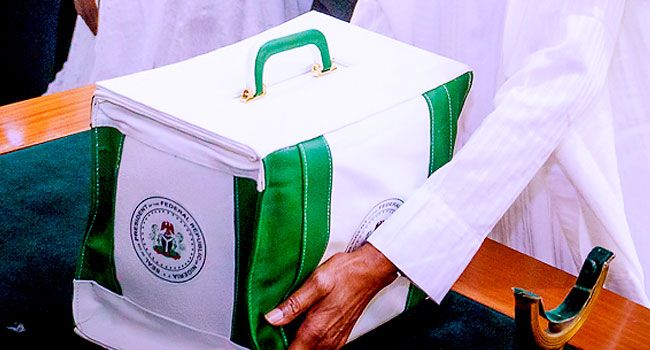
Federal Government Ministries, Departments and Agencies (MDAs) received a total of ₦5.81 trillion for capital projects in the 2024 fiscal year, with 81.91 percent of the funds utilised, according to the latest Budget Implementation Report by the Budget Office of the Federation.
The report, obtained on Thursday, indicates improved budget execution across key infrastructure sectors despite persistent fiscal constraints and lower-than-expected oil earnings.
“The utilisation rate underscores the government’s commitment to accelerating infrastructure delivery despite fiscal pressures and revenue shortfalls,” the Budget Office stated.
Revenue Up 68%, But Falls Short of Target
The report revealed that the Federal Government recorded ₦20.98 trillion in total revenue inflows for 2024, a 68.1 percent increase from the ₦12.48 trillion realised in 2023.
However, the figure fell ₦4.89 trillion (18.9 percent) short of the ₦25.87 trillion target set in the 2024 Appropriation Act, signed by President Bola Tinubu in January.
Breakdown from the report showed:
- Total revenue: ₦20.78tn (19.7% below target, 66.6% higher than 2023)
- Oil revenue: ₦15.07tn (24.7% below projection of ₦19.99tn)
- Non-oil revenue: ₦16.09tn (48.9% above ₦10.81tn projection)
- Expenditure: ₦27.47tn
- Debt service: ₦11.03tn
- Non-debt recurrent spending: ₦8.53tn
- Fiscal deficit: ₦9.18tn (financed through domestic borrowing)
- Debt-to-GDP ratio: 61.22 percent
Strong Non-Oil Performance Offsets Oil Shortfall
The Budget Office attributed much of the revenue growth to a robust performance in non-oil sectors, driven by increased collections from Company Income Tax, Value Added Tax (VAT), Customs duties, and the Electronic Money Transfer Levy.
Non-oil earnings climbed to ₦16.09 trillion, surpassing the government’s annual target by nearly half, while oil revenue underperformed due to production challenges and price volatility.
The report also noted that oil and gas receipts accounted for just 17 percent of total revenue in the fourth quarter, reflecting the administration’s continued efforts to diversify Nigeria’s income base away from crude exports.
Revenue from the solid minerals sector rose sharply to ₦4.6 billion, representing a 303.6 percent increase from the previous quarter, which the ministry attributed to ongoing reforms and improved compliance in the sector.
Fourth-Quarter Revenue Steady, GOEs Underperform
In the fourth quarter of 2024, total government revenue reached ₦6.42 trillion, slightly below the ₦6.46 trillion quarterly target but well above the ₦3.87 trillion posted in the same period of 2023.
However, revenue from government-owned enterprises (GOEs) fell short of expectations, with retained earnings of ₦612.96 billion, about 14.3 percent below projections.
The government also reported no receipts from NLNG dividends, oil price royalties, or windfall taxes during the period.
Capital Spending Utilisation and Fiscal Discipline
The report reaffirmed that MDAs are legally required to return any unspent capital funds to the Federal Treasury at the end of each fiscal year.
The Budget Office said the 81.91 percent utilisation rate for 2024 reflects improved fiscal discipline and the government’s determination to push key infrastructure projects despite funding gaps.


